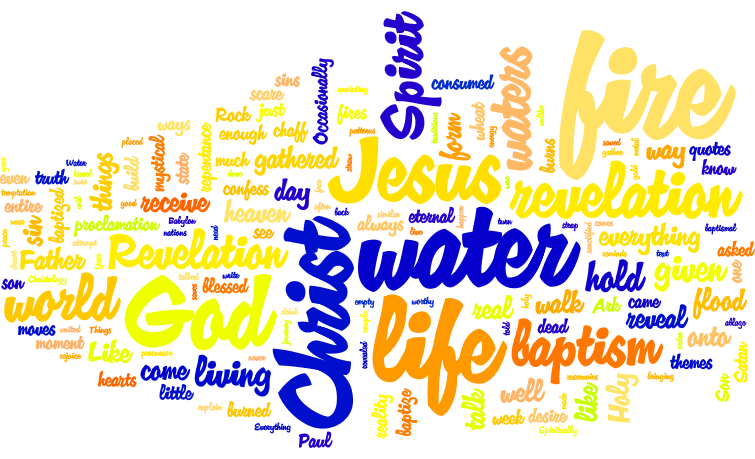
Bible Text: Ephesians 4:1-16 (background Gen 25:25-34, Luke 15:11-32, baptisms)
Full Draft
The US has a famous list of birthrights: all men are created equal and endowed by their creator with certain unalienable rights. Among these rights are life, liberty and the pursuit of happiness. This sermon is not about those, but we as a people might talk about rights, but we rarely talk about either where they came from or how. The most precious ones are grants. And even more precious are the ones backed by the divine account. Governments may say that we have certain rights, but if the government gives it can also take away. Hence even Jefferson – extreme deist at best – rooting life, liberty and pursuit in a creator.
But turn from the political realm for a second. Salvation has come to us as a birthright. Baptism now saves you (1 Pet 3:21). The Christian has been born of water and the spirit (John 3:5). There is one body and One Spirit, one lord, one faith, one baptism, and one God and Father of all (Eph 4:5-6). That is the good news. God so loved the world that he gave his only son. Salvation, forgiveness of sins, is our birthright in Christ. And nothing external, not even the devil himself, can take it from us. The sermon recounts two biblical stories: Jacob and Esau and the Prodigal Son. Two stories of Fathers and Sons. Two stories of despising the birthright. That is the only way we lose our inheritance – to despise it.
The American Founders were wise people. They understood this also. They lived in a society that was schooled by the church’s teaching. Even the deists and Harvard Unitarians quoted and studied scripture. Asked of Franklin: What kind of government have we? A republic, if you can keep it. Also Jefferson’s quotes about the tree of liberty and blood. Our tendency is to despise things that we have been granted. They knew it in the political realm. How much greater in the spiritual?
So Paul starts with an exhortation – “I a prisoner of the Lord urge you to walk in a manner worthy of your calling (Eph 4:1).” Don’t despise your birthright.
Podcast: Play in new window | Download











